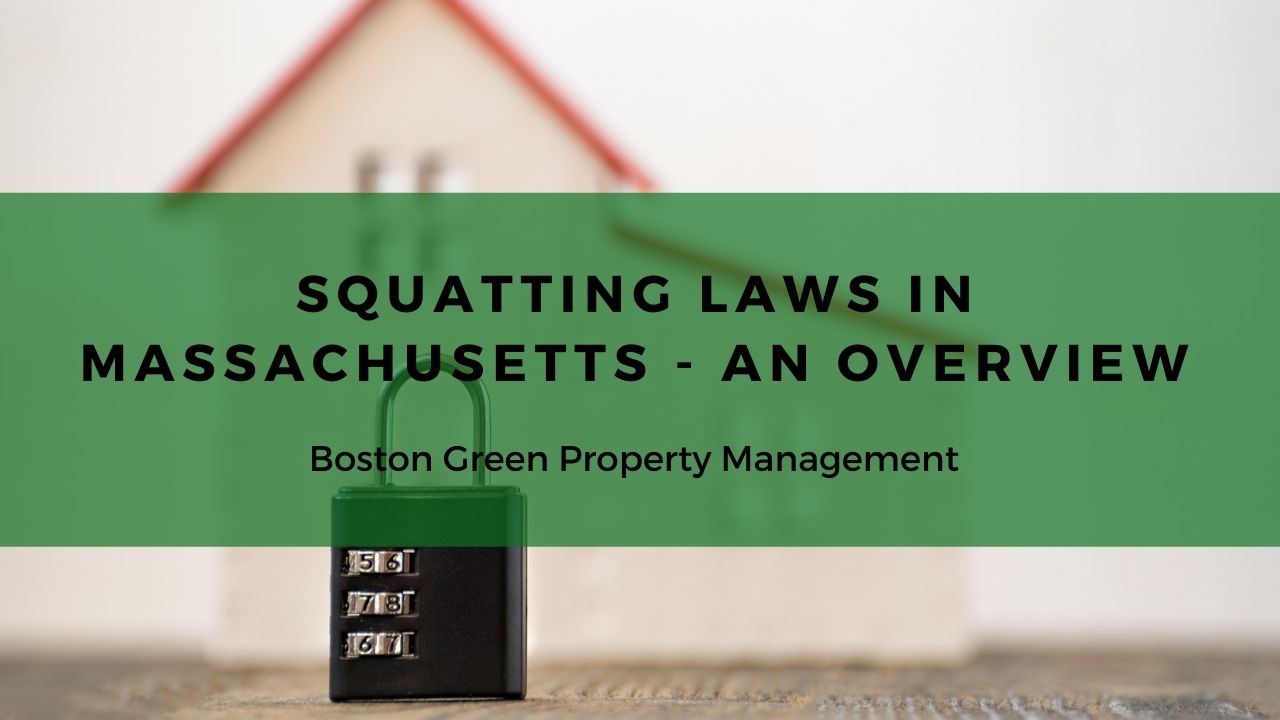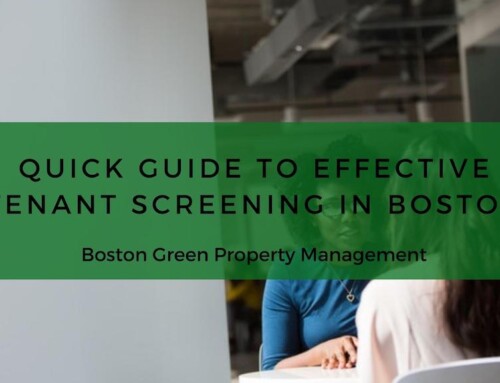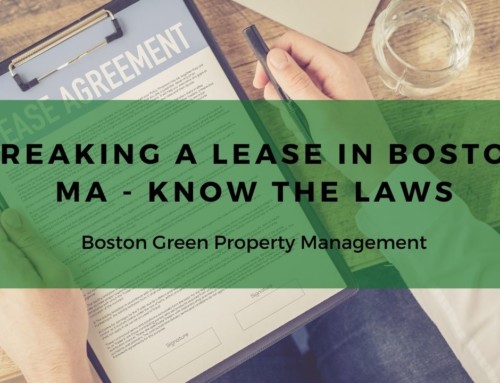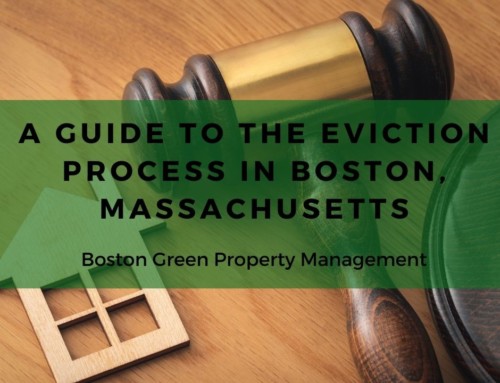What are Squatter’s Rights?
Squatters Rights are a form of Adverse Possession. Essentially, this means that a squatter may be able to gain ownership rights to your property if they stay there long enough and meet a certain set of guidelines.
Therefore, it’s important to familiarize yourself with squatter’s rights in Massachusetts to prevent that from happening.
A Guide to Massachusetts Squatters Rights
In Massachusetts, a squatter must possess a property for 20 years. And this entire period must be continuous. In other words, a squatter must not have abandoned it at any point during their occupation. Even leaving for a few weeks would invalidate their adverse possession claim.
Besides occupying a property for 20 years, they must meet other requirements as well. The requirements are as follows:
Make a Hostile Claim
From a legal perspective, the term “hostile” takes on three different definitions: Simple Occupation, Awareness of Trespassing, and Good Faith Mistake. Most states, including Massachusetts, follow the first definition of Simple Occupation.
In real estate law, Simple Occupation defines “hostile” as a mere occupation of the land. What’s more, the trespasser doesn’t have to know that the land they are occupying belongs to someone else.

Occupy the Property Physically
Another requirement under adverse possession laws is that the trespasser must occupy the property physically. They must treat it just like the actual owner would. A squatter may be able to prove this by showing their improvement efforts, such as fencing the property, landscaping or conducting regular maintenance.
Make the Occupation Obvious
Under adverse possession laws, a squatter must make it obvious to anyone that they are occupying the property. Even parties conducting their investigations should be able to tell that indeed someone is living there.
The Occupation of the Land Must be Exclusive
A squatter wishing to make an adverse possession claim must occupy the property exclusively. They must not share the possession with other squatters, strangers, or even the actual owner. A squatter would be able to make a successful adverse possession claim if they meet all these requirements.
What About Color of Title and Property Taxes?
Color of Title is a term you’ll likely come across when researching squatter’s rights. Color of title means that your ownership isn’t ‘regular’. You may be missing at least one of the required documents for property ownership.
Some states require squatters to have Color of Title as a condition for filing an adverse possession claim. While it can be helpful to a case, it isn’t required in Massachusetts. The same goes for property taxes. While the payment of taxes can help a squatter look more favorable to the court, it isn’t a requirement for squatters seeking to own a property adversely.
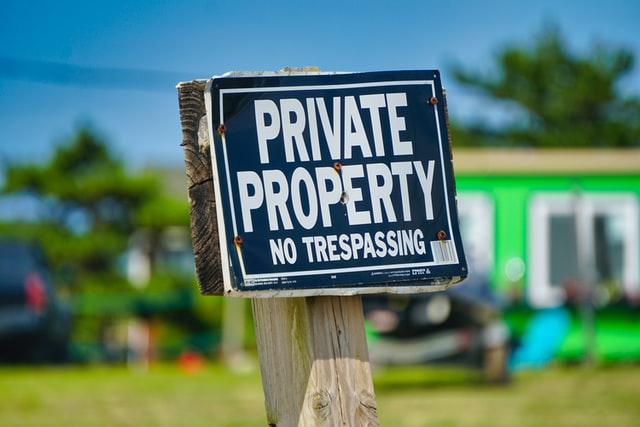
How to Prevent Squatters from Entering Your Property
Safeguarding your property against unwanted intruders is the best defense against squatters. The following are some steps you can take to keep your Massachusetts property safe:
- Carry out regular inspections
- Have a neighbor keep a keen eye on the property
- Secure your property. Block all entrances, and consider installing security cameras throughout your property
- Put up “No Trespassing” signs on the property. It’s a safety precaution that can come in handy in case of lawsuits.
- Offer to rent to the squatters. If the squatter accepts, it can be a good way to render an adverse possession claim null and void.
- Make the home look like someone is living there. You can do this by taking care of the garden, leaving lights on, and opening and closing the blinds regularly.
- Hire an experienced property management company to find a great tenant for your property.
How to Remove Squatters
Massachusetts doesn’t have any laws specifically meant for the removal of squatters. As such, to evict a squatter from your home, you must follow the same eviction process you would for a tenant.
You must begin the eviction process by serving the squatter an eviction notice. The most effective one against squatters is the 14-Day Notice to Pay Rent. The squatter will have exactly 14 days to pay all the overdue rent or move out. If they don’t take either option, you can move to court and file for their eviction.

The squatter will then be served with a copy of a summons and complaint. The squatter can choose to answer or not. Regardless, the court will set a hearing date. Without any right to be there or a claim to the property, odds are the judge will rule in your favor.
After 10 days after the ruling is made, you’ll receive an execution form. You’ll need to take it to the constable or sheriff. This will permit them to physically evict the squatter from your property.
Please note that “self-help” eviction is illegal in Massachusetts, as is the case in other states. Under no circumstances should you attempt to carry out the eviction on your own. The following actions are deemed as illegal:
- Turning off utilities to the property
- Changing locks
- Removing your squatter’s belongings from the unit
Doing any of these things will interrupt the eviction process. What’s more, the squatter may even sue you for damages.
Summary
As a property owner in Massachusetts, you need to understand squatter’s rights if you want to protect your investment. You should also familiarize yourself with landlord-tenant laws, the legal eviction process, security deposit laws, and other rental regulations.
Boston Green Property Management is well versed in Massachusetts laws. We can care for your property and make sure it’s occupied by quality tenants. Get in touch with us today to learn more about our services!
Disclaimer: This piece is intended to be used for educational purposes only. It is not a substitute for professional legal advice. If you have questions please contact a licensed attorney or a property management company.


